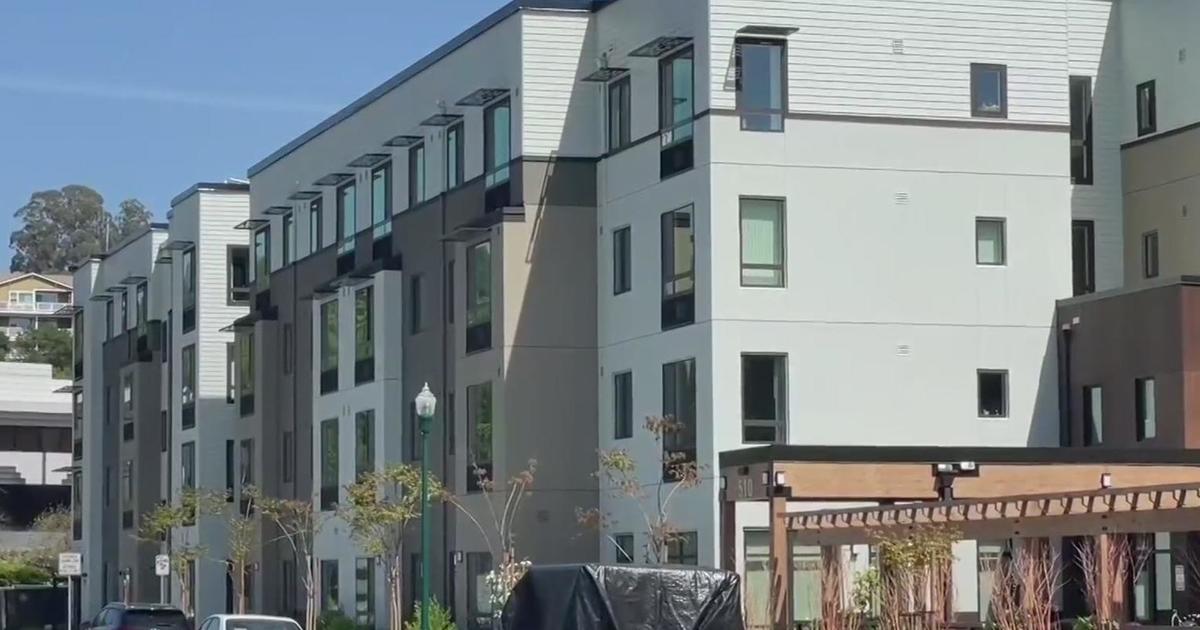NY Times Calls for DNA Test to Exonerate Death Row Inmate
SAN QUENTIN (KPIX 5) -- A new report is intensifying the push to give a death row inmate who has been sitting in San Quentin for decades a new DNA test.
The report is raising questions about whether he really belongs there and argues that advanced DNA testing could potentially prove that Kevin Cooper is an innocent man.
On Thursday, New York Times columnist Nicholas Kristof pleaded his case to California Governor Jerry Brown
"You don't expect this in California," said Kristof.
The journalist believes that Cooper is sitting on death row because he was framed. And Kristof is not the only one advocating on Coopers behalf.
Judge William Fletcher from the Ninth Circuit Court of Appeals spoke out for the inmate during a 2013 address at the NYU School of Law.
"He is on death row because the San Bernardino Sheriff's Department framed him," Fletcher said during that address.
The crime was the murder of three out of four members of the Ryen family in 1983 in Chino. Also killed was friend, a young boy who was sleeping over. The boy's father came over to pick him up
He found the mother and the father, the daughter and his own son dead. Killed during the night. They had been chopped with a hatchet, sliced with a knife or knives, stabbed with an ice pick or screwdriver, Fletcher told gathered law students in his 2013 speech.
Kristof says the San Bernardino district attorney was under tremendous pressure to solve the crime.
And in a nearby house was Kevin Cooper. He was hiding out after escaping from prison where he was serving time for burglary.
"The San Bernardino Sheriff's Department deputies who responded to the call decided almost immediately who was the likely killer," said Fletcher.
Cooper was convicted of all four murders and sentenced to death. But in the decades since then, DNA testing has been invented and improved.
The state allowed one round of DNA testing in 2001, but Cooper's lawyers say it was not done properly.
They want new DNA tests using something called "touch DNA."
"DNA testing can detect microscopic amounts that come from touching an object or wearing an object," explained Kristof.
With touch DNA, there's no need for blood or hair. The test can be done on traces of skin. Cooper's lawyers want several items tested, including a hatchet and a t-shirt found at the scene
But the crime was committed in 1983. The question: is there anything left to test?
"DNA will degrade over time. Part of it is how much did you start out with," said Dr. Monte Miller, the Director of Forensic DNA Experts. "With touch DNA, you don't start out with a great deal, so if it degrades you may lose it."
Dr. Miller says if items are properly stored, DNA can be recovered 40 or 50 years later.
But what about Kevin Cooper's case?
"That's a great question. We don't know," said Kristof. "It's indeed possible that it's too late. It may be that too much time has elapsed for to kind touch DNA on the handle of the hatchet for example. We just don't know. But let's find out."
Lawyers for Cooper sent a request to Governor Brown in February of 2016, but the governor has not responded
On Thursday, the governor's office told KPIX 5 the request remains under review.
But one gubernatorial hopeful has weighed in. State Treasurer and candidate for governor John Chiang released a statement today saying "DNA testing should immediately take place to resolve the Ryens case and finally ensure justice is served."
During KPIX's interview, Kristof was also critical of Senator Kamala Harris. He said back when she was California's Attorney General, Cooper's lawyers requests permission for new DNA tests, but her office refused.
Thursday, Senator Harris had no comment .



